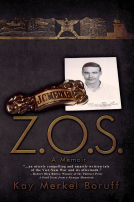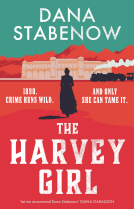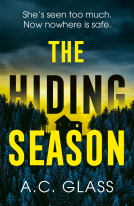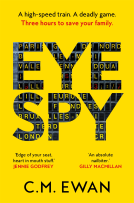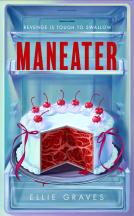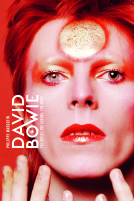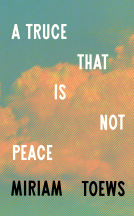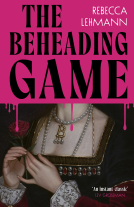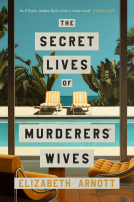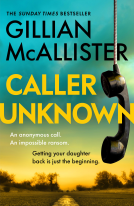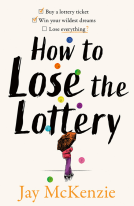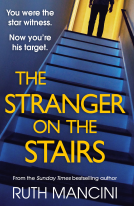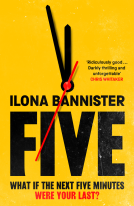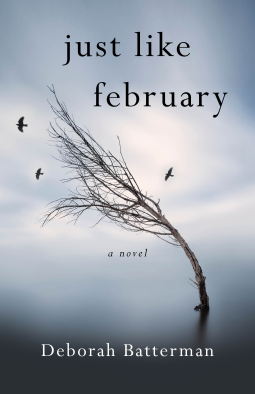
Just Like February
A Novel
by Deborah Batterman
This title was previously available on NetGalley and is now archived.
Send NetGalley books directly to your Kindle or Kindle app
1
To read on a Kindle or Kindle app, please add kindle@netgalley.com as an approved email address to receive files in your Amazon account. Click here for step-by-step instructions.
2
Also find your Kindle email address within your Amazon account, and enter it here.
Pub Date 10 Apr 2018 | Archive Date 27 Mar 2018
Talking about this book? Use #JustLikeFebruary #NetGalley. More hashtag tips!
Description
Framed by the passions of the ’60s and the AIDS crisis of the ’80s, Just Like February begins with the wedding of Rachel’s parents when she’s five and ends with her sexual awakening as Jake is dying. As this poignant coming-of-age story unfolds, Rachel is forced to reckon with a home broken by the stormy love between her mother (a social worker) and her father (a Vietnam veteran) and a heart broken by the realities of homophobia and AIDS.
Advance Praise
"Deborah Batterman's novel, Just Like February, is a remarkable achievement. Told through the eyes of Rachel, daughter of a flower child and a Vietnam veteran who can never quite decide if they want or like each other, Rachel comes of age caught in their seesawing relationship, and an extended family dominated by fierce grandmother Ruth and beloved uncle Jake. As Rachel grows, the novel becomes a deeply personal and beautifully detailed chronicle of the U.S. during three of its most unforgettable decades. Beginning in 1969, the time of the moon landing and Chappaquiddick, Just Like February moves through the lost ideals of the 1970s to the Reagan years, when Rachel's uncle becomes a victim of the AIDS epidemic. Few novels are able to capture so well the truth of James Baldwin's observation that "the individual is history writ small." Just Like February is a funny, compelling, and heartbreaking read.”
⎯ Suzanne Paola Antonetta, author of Make Me a Mother: A Memoir and editor ofBellingham Review
"Just like February is a wonderful novel, beautifully told, that vividly captures the sweet love of a young girl for her charismatic uncle. Deborah Batterman has a light touch with tough issues in this poignant coming-of-age story. A brave heroine, who finds her own strength even as her family is falling apart, Rachel Cohen will steal your heart.”
⎯ Celine Keating, author of Play for Me and Layla
"Just like February is a chronicle of love, family, heartbreak and healing, jam-packed with warmth and humor. Deborah Batterman’s portrayals of the lives and travails of her characters are so clear-eyed, so perceptive and poetic, that this reader hated to see the story end.”
⎯ Rossandra White, author of Monkey’s Wedding and Loveyoubye
"A beautifully told account of a young woman finding her way in “that barbed-wire netherworld called growing up.” In the course of this short but richly-textured novel, Rachel Cohen grows from an observant five-year-old into a clear-eyed but sensitive teenager. She has few illusions about her slightly off-kilter family, which includes a much-loved gay uncle, a warm but sharp-tongued grandmother, and parents caught up in the sexual revolution as it rambles from Woodstock to the age of AIDS. Through it all, Rachel’s distinctive voice offers her evolving understanding of the world and herself.”
— Bruce Shenitz, former executive editor of Out Magazine
Available Editions
| EDITION | Other Format |
| ISBN | 9781943006489 |
| PRICE | $16.95 (USD) |
Links
Average rating from 6 members
Featured Reviews
 Shirley A. M, Reviewer
Shirley A. M, Reviewer
Beautifully written. Covering the years of early 70's through the eyes of a young woman, Rachael Cohen. Rachael adores her gay uncle, Jake, who falls victim to AIDS. An off kilter family, as one might label today as "dysfunctional. Her father is a Vietnam veteran and her mother a true flower child. Ruling is the very opinionated Grandmother. A poignant story about love and tears during the late 60's and 70's. The author, Deborah Batterman has created a book to be remembered. Publication date is April 10, 2018.
Readers who liked this book also liked:
Philippe Margotin, Richard Morton Jack
Arts & Photography, Biographies & Memoirs, Entertainment & Pop Culture
Elizabeth Arnott
General Fiction (Adult), Historical Fiction, Mystery & Thrillers
